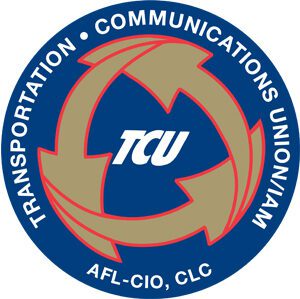In a response to letter from the Association of American Railroads (AAR), Department of Transportation Secretary Pete Buttigieg reiterated his major concerns regarding the downward trajectory of safety in the freight rail industry. In the letter, Secretary Buttigieg stated, “The major freight railroads are widely and increasingly regarded as being obsessed with quarterly profits and short-term operating margins, to the exclusion of other vital priorities like safety, long-term network development, customer service, worker wellbeing, and community engagement.” The Secretary also used data from the Federal Railroad Administration (FRA) to push back on AAR’s claim that the industry has continually been taking steps to improve safety. The data from the FRA indicates that derailments have not improved in the last decade and derailments in train yards specifically have increased nearly 50% in that same timespan.
In closing, Sec. Buttigieg stated, “[AAR takes] exception to the fact that your industry is sometimes characterized as “under-regulated.”… What better word is there? If an industry can become spectacularly profitable while delivering poor service, stagnant safety outcomes, and a growing roster of communities that are frustrated because they can’t get their calls returned, it is impossible to escape the sense that we are talking about a broken industry. And a broken industry almost always reflects a poor regulatory framework.”
Transportation Communications Union National President Artie Maratea responded to Sec. Buttigieg’s comments stating, “The Secretary’s comments are in line with what our members and other unions have been shouting for years; the freight rail industry is broken.” NP Maratea continued, “I appreciate the Secretary’s comments and share his concerns. We will continue to work with federal regulators to make sure safety – not short term profits driven by Wall Street – is the number one priority in the industry.”

